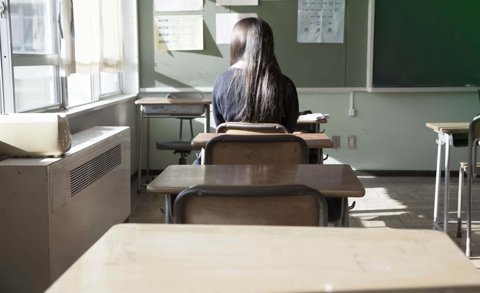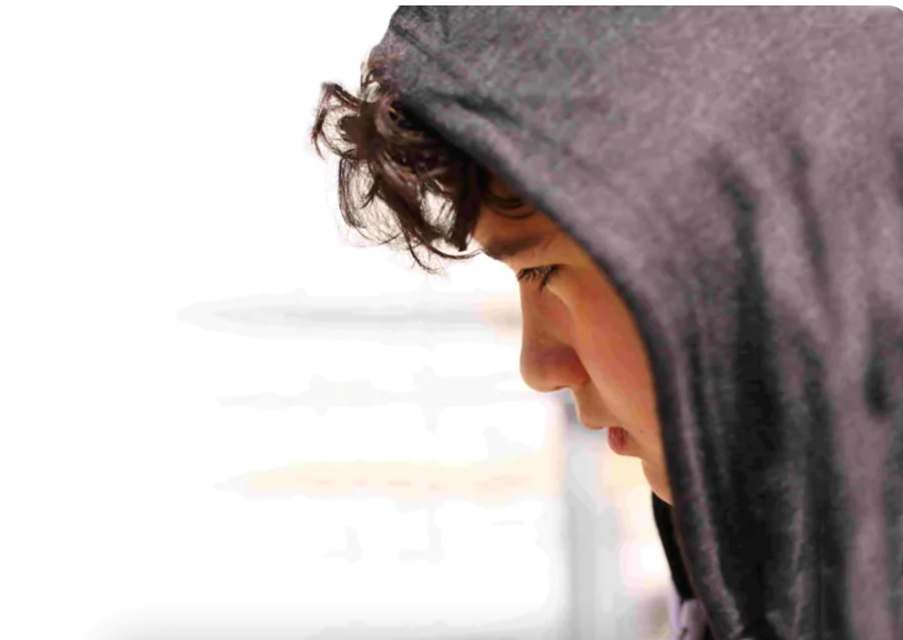
Phase Transfer Deadline FAQs and Answers
15 February is an important date for you if your child has an Education Health and Care Plan (EHCP) and is due to transfer to either the primary or secondary phase of their education.


Partner, Education & Public Law Solicitor
Dan Rosenberg, an Education Solicitor at Simpson Millar has represented the families of numerous teenagers impacted by the issue, including a girl with Autism Spectrum Disorder (ASD) who tried to kill herself whilst in an isolation booth. Commenting on the findings, he said it was a cause for ‘grave concern’.
A young girl with ASD, anxiety, and depression, was put into isolation at her school in Kent. She was confined to the isolation booth for at least 6 weeks. During her time in isolation, she received no direct teaching from teachers or any staff. She was also requested to remain silent for the length of her time there.
There was a second pupil, a teenage boy, with Attention Deficit Hyperactivity Disorder (ADHD) who was repeatedly put into isolation. He was placed into confinement on several occasions at his school in Nottinghamshire.
Due to how often he was put into isolation, it resulted in him suffering significant mental health problems, as during his time in isolation he received no direct teaching and was made to eat his lunch in complete silence. He was also only allowed three toilet breaks a day and had no contact with any other children. A medical professional eventually intervened, and he left the school, but was only able to sit two GCSE exams.

www.tes.com. (n.d.). Isolation booths: 6 ways to use them effectively | Tes Magazine. [online] Available at: https://www.tes.com/magazine/archive/isolation-booths-6-ways-use-them-effectively
Isolation booth to school exclusion: We need to find a better way. (2020). bera.ac.uk. [online] 2 Dec. Available at: https://www.bera.ac.uk/blog/isolation-booth-to-school-exclusion-we-need-to-find-a-better-way.
TCES Group. (2022). Isolation booths in schools; A poverty of values and imagination. [online] Available at: https://www.tces.org.uk/ceo-blog/isolation-booths
Condliffe, E. (2021). ‘Out of Sight, Out of Mind’: An Interpretative Phenomenological Analysis of Young People’s Experience of Isolation Rooms/Booths in UK Mainstream Secondary Schools. [online] Available at: https://ueaeprints.uea.ac.uk/id/eprint/82288/1/2021CondliffeEEdPsyD.pdf
Bradford Telegraph and Argus. (2020). MP backs calls to end school isolation booths. [online] Available at: https://www.wharfedaleobserver.co.uk/news/18161508.mp-backs-calls-end-school-isolation-booths/
Department for Education (2014). Behaviour and discipline in schools Advice for headteachers and school staff. [online] Available at: https://assets.publishing.service.gov.uk/government/uploads/system/uploads/attachment_data/file/353921/Behaviour_and_Discipline_in_Schools_-_A_guide_for_headteachers_and_school_staff.pdf.
CYP Now. (n.d.). DfE faces legal action over pupil isolation booths. [online] Available at: https://www.cypnow.co.uk/news/article/dfe-faces-legal-action-over-pupil-isolation-booths
the Guardian. (2019). Mother sues over daughter’s suicide attempt in school isolation booth. [online] Available at: https://www.theguardian.com/education/2019/apr/03/isolation-of-children-at-academies-prompts-legal-action.